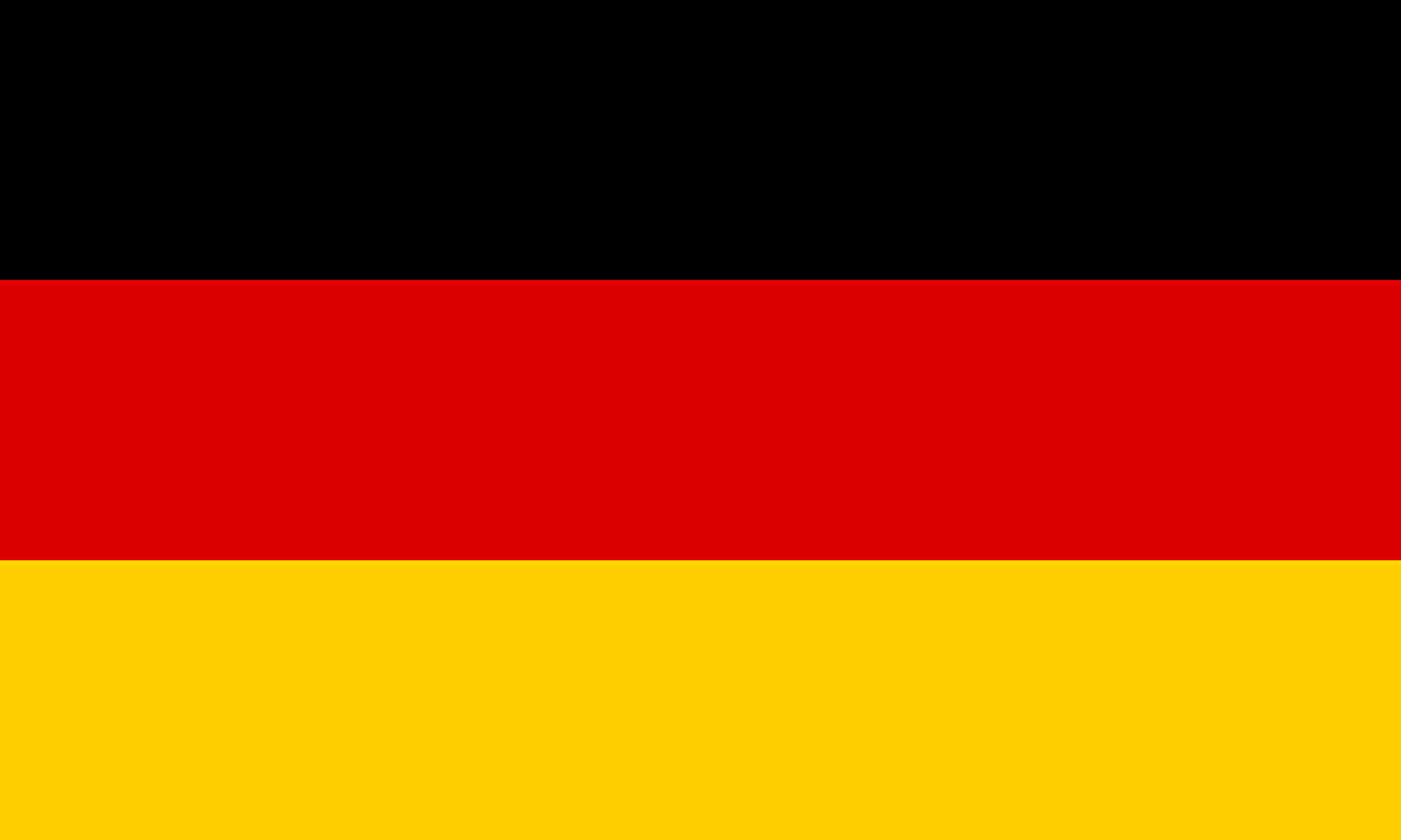The Cologne Higher Regional Court is one of three Higher Regional Courts in North Rhine-Westphalia, alongside the Higher Regional Courts of Dusseldorf and Hamm. More than 4.3 million inhabitants fall into its jurisdiction. The geographical jurisdiction of the Higher Regional Court includes approximately the entire administrative district of Cologne, the region between Cologne, Bonn and Aachen, as well as large parts of the Bergisches Land region.
The district of the Cologne Higher Regional Court includes three regional courts [Landgerichte] with a total of 23 local courts [Amtsgerichte]. These are the district of the Aachen Regional Court ![]()
 , the district of the Bonn Regional Court
, the district of the Bonn Regional Court ![]()
 and the district of the Cologne Regional Court
and the district of the Cologne Regional Court ![]()

The Cologne Higher Regional Court is part of the so-called ordinary jurisdiction, i.e. that area in which most judges, prosecutors and senior judicial officers work. Traditionally the “ordinary jurisdiction” is understood to mean those courts, which, pursuant to the German Courts Constitution Act, are responsible for deciding
- civil matters (i.e. legal disputes between private individuals or companies, excluding employment law matters)
- criminal proceedings, including administrative offences.
Every year the Cologne Higher Regional Court deals with approximately 11,500 civil and criminal matters.
The Higher Regional Court is primarily an appeal court, i.e. it is the 2nd or 3rd instance court for proceedings that were commenced in a local or regional court in the district of the Higher Regional Court. In Germany there are two types of appeal. There is the so-called "Berufung", where the appealed judgment may be reviewed both on points of fact and points of law, and the so-called "Revision", which will only consider points of law or breaches of procedural rules. This means that in cases of appeal brought to the Court on points of fact and points of law (Berufung), the Court can call and consider fresh evidence itself, e.g. by calling witnesses or expert witnesses, while in an appeal brought on points of law only (Revision), the Court will only consider the legal position on the basis of the existing paperwork.
The Higher Regional Court is mainly responsible for the following matters:
- In civil matters it mainly acts as a second instance court for appeals on points of law and facts [Berufung/Beschwerde]
 against judgments of the regional courts. One important element of civil law is family law, i.e. divorce, child custody and contact, as well as maintenance matters. In these cases the Higher Regional Courts function directly as appellate courts for the decisions of the local courts.
against judgments of the regional courts. One important element of civil law is family law, i.e. divorce, child custody and contact, as well as maintenance matters. In these cases the Higher Regional Courts function directly as appellate courts for the decisions of the local courts. - In criminal matters it acts as a third instance court for appeals on points of law [Revision]
 against the 2nd instance appeal judgments [Berufungsurteile] of the regional courts and for appeals [Beschwerden] against decisions of the regional courts. An important aspect in criminal matters is the review of detention, which must be carried out of the court’s own motion within 6 months of any arrest of any suspect who is remanded in custody. During this review the court needs to examine whether continued detention is justified.
against the 2nd instance appeal judgments [Berufungsurteile] of the regional courts and for appeals [Beschwerden] against decisions of the regional courts. An important aspect in criminal matters is the review of detention, which must be carried out of the court’s own motion within 6 months of any arrest of any suspect who is remanded in custody. During this review the court needs to examine whether continued detention is justified. - In addition to that, the Court is also responsible for some matters of special jurisdiction



